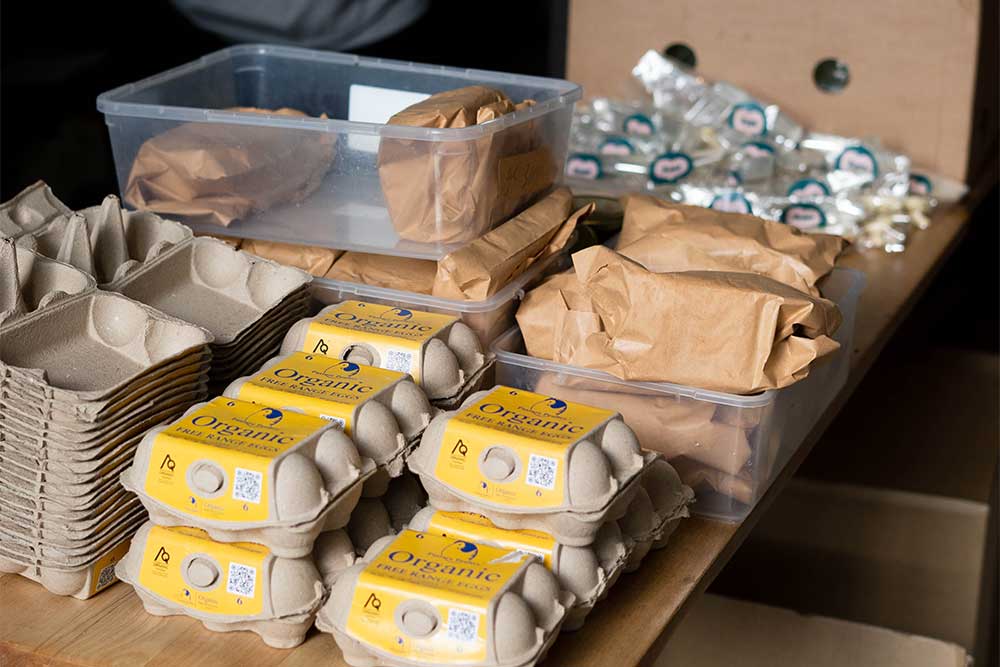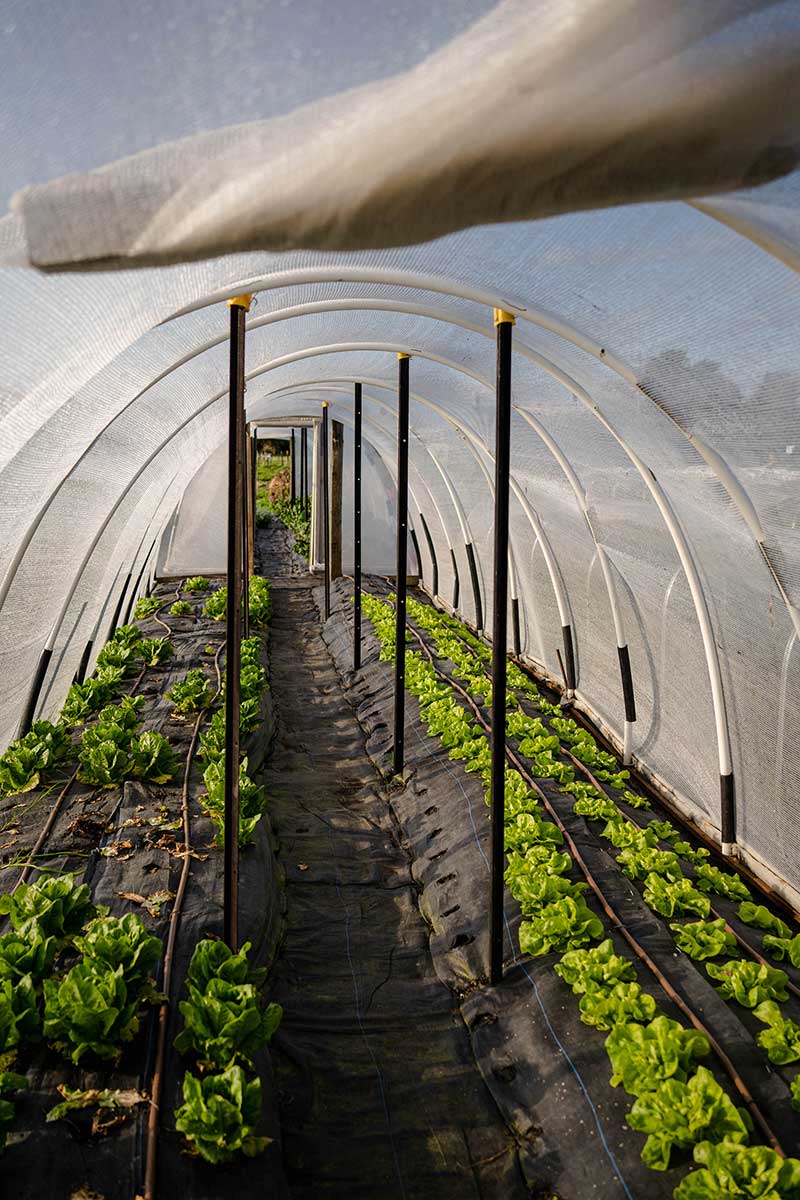
Mai Kai Foundational Kaupapa Mai Kai Foundational Values
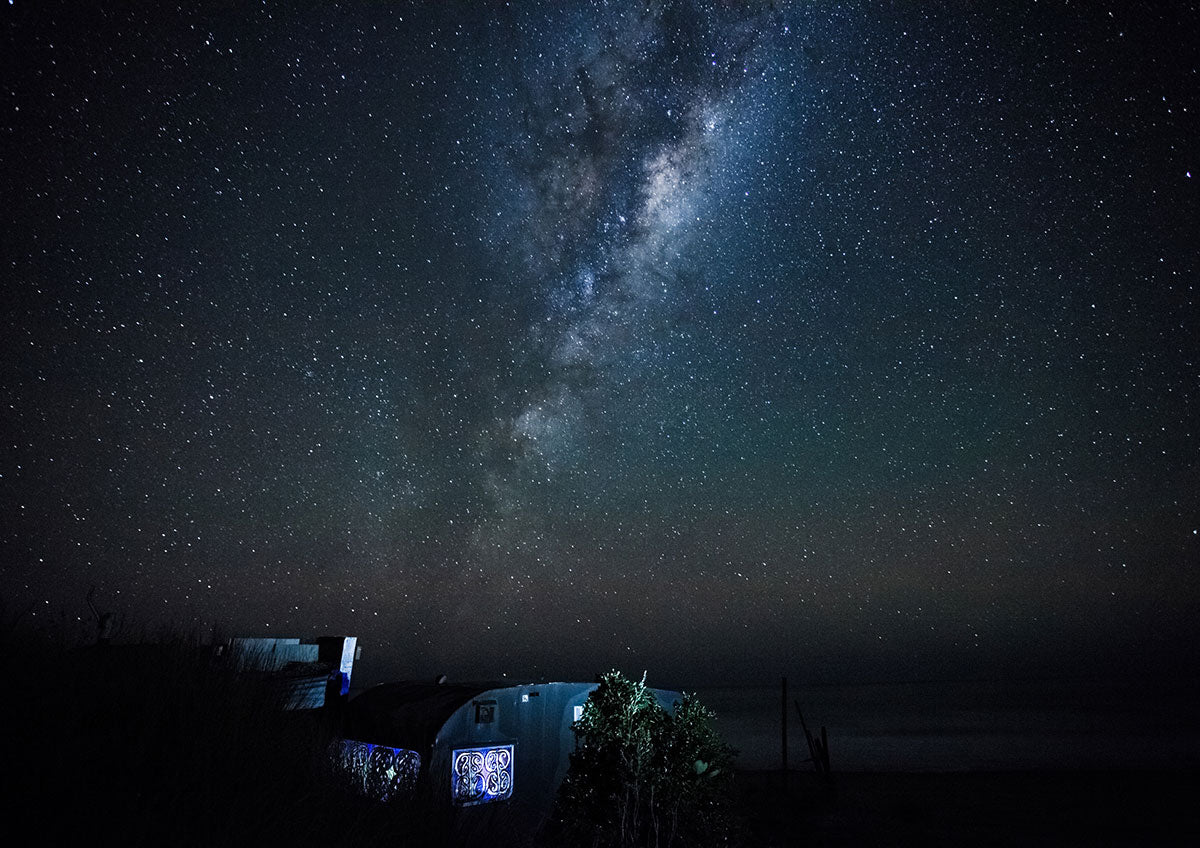
From the mountains to the sea
‘Kia ora means hello, are you well? Have you eaten? Kai means all those things. To manaaki people. Kahungunu was a manaaki person. He was a giver, he was a provider, cultivator, harvester of the sea, hunter of the land and a digger of crops. That’s who we are’.
Ngahiwi Tomoana nō Ngāti Kahungunu, Ngāti Porou, Ngāti Hori, Ngāti Hawea, Ngāti Hinemoa
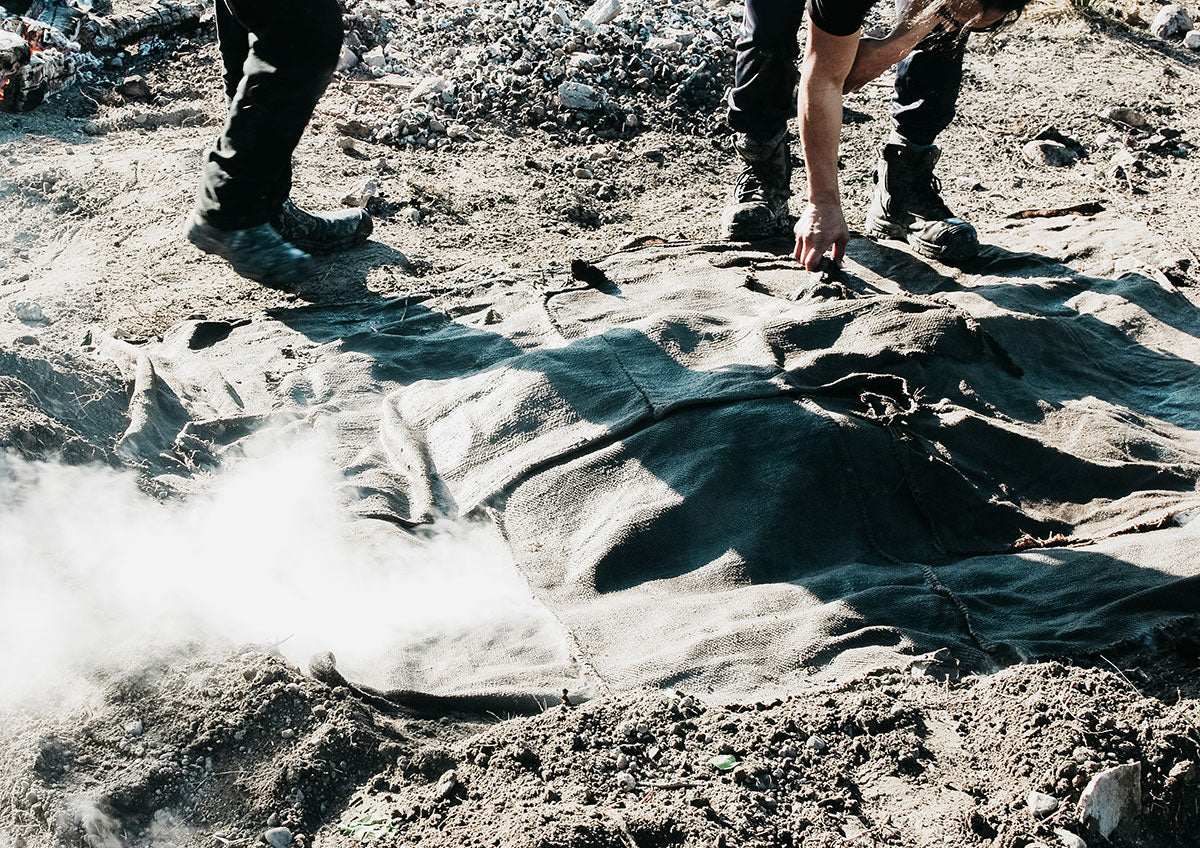
Food with life force, is nurturing food for our people, and for our earth.
"Mauri ora: te oranga, te orangatanga o te hā o te Ao Tūroa me te Pūtaiao.
Manawa ora: te oranga, te orangatanga mai i te hinengaro.
Wai ora: te oranga, te orangatanga mai i te wairua.
Whānau ora: te oranga, te orangatanga, te tīmatanga o te tiaki whānau.
Hauora: te oranga, te orangatanga, te hīhiri o te hau whāngai i te tinana."
Te Iwi Puihi Tipene nō Ngāti Hine - Founder of Te Waka Kai Ora
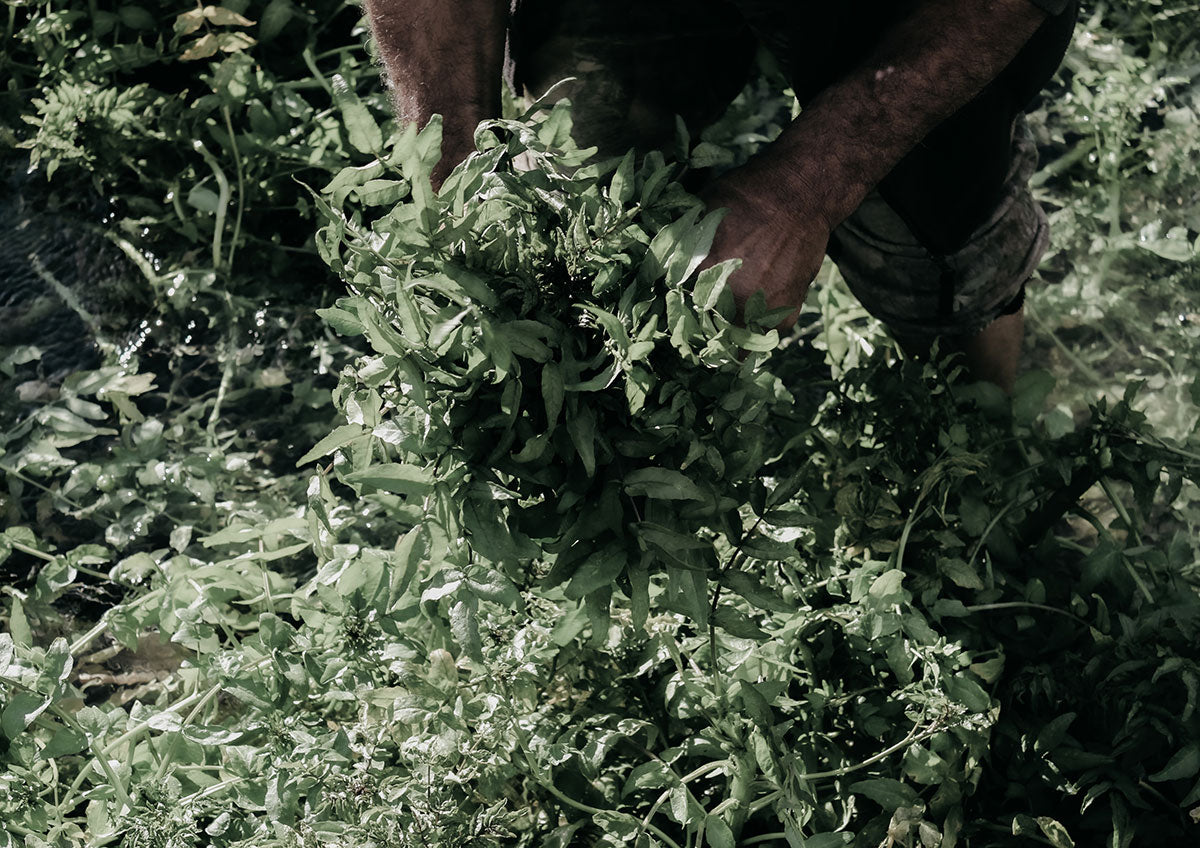
Just as hospitality is constant, we need the garden to be constant.
‘Land is food, land is survival around here.’
Aramanu Ropiha
Mai Kai includes all aspects of māra kai and extends the full range of territories, from the mountain ranges to the sea. The abundant cooperative food system of our ancestors requires our rangatahi to acquire many skills from our elders.
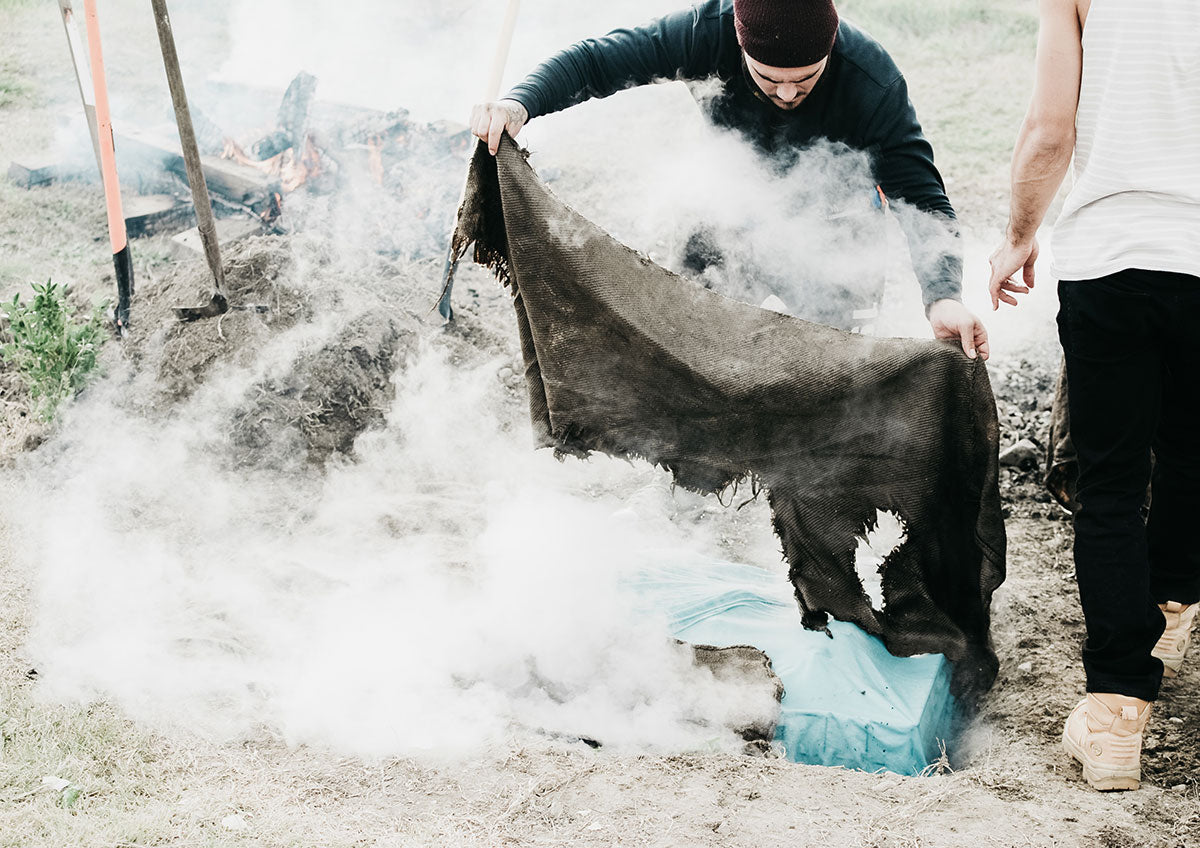
There is food at the end of my hands
‘Our whole people used to be growers, the whole area was a māra kai, the whole area was a kumara pit to feed the marae.’
Gladys Nelson nō Ngāti Kahungunu, Ngāti Pāhauwera
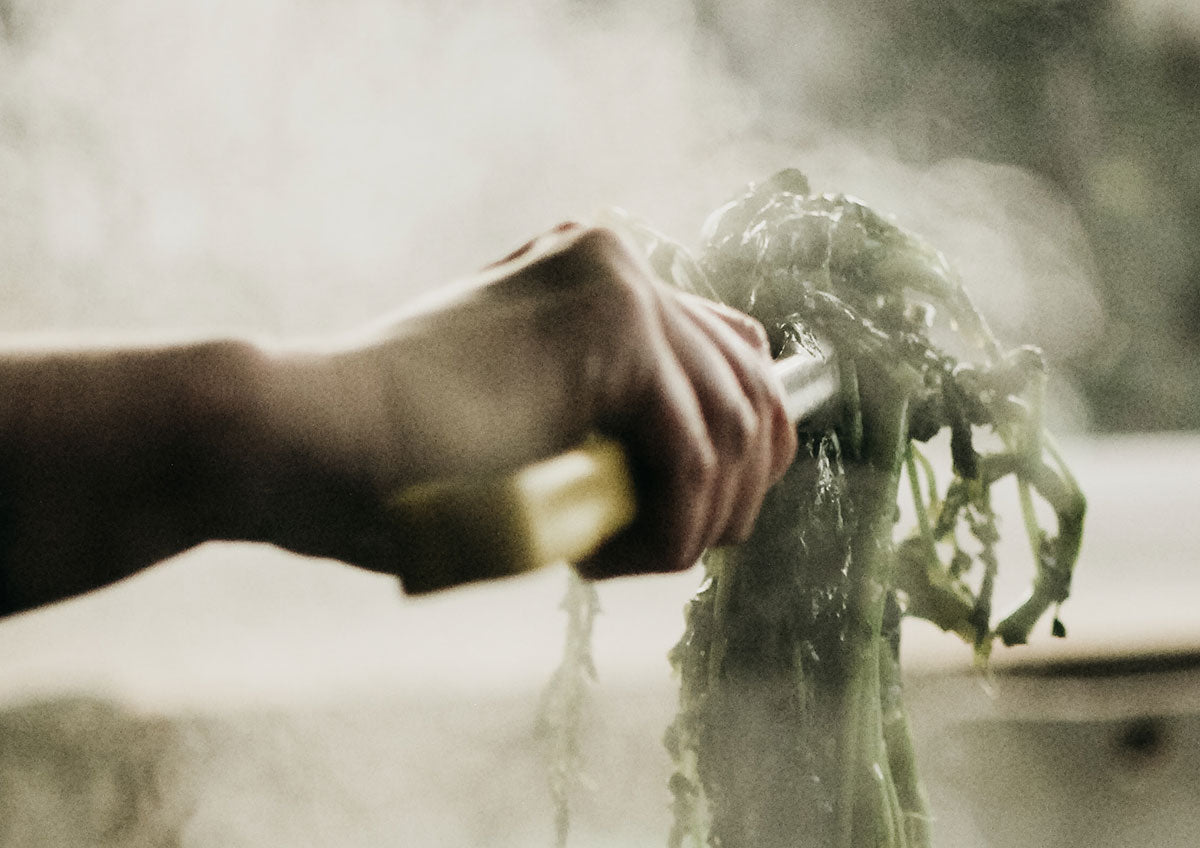
Sharing the food baskets.
‘If you caught a big load of fish, you would feed everyone that can’t be there, like the old people who can’t fish. Mostly everyone just took what they could eat, but if they caught more they would give it out. That was the practise then.’
Mere Tomoana nō Ngāti Kahungunu, Ngāti Pāhauwera
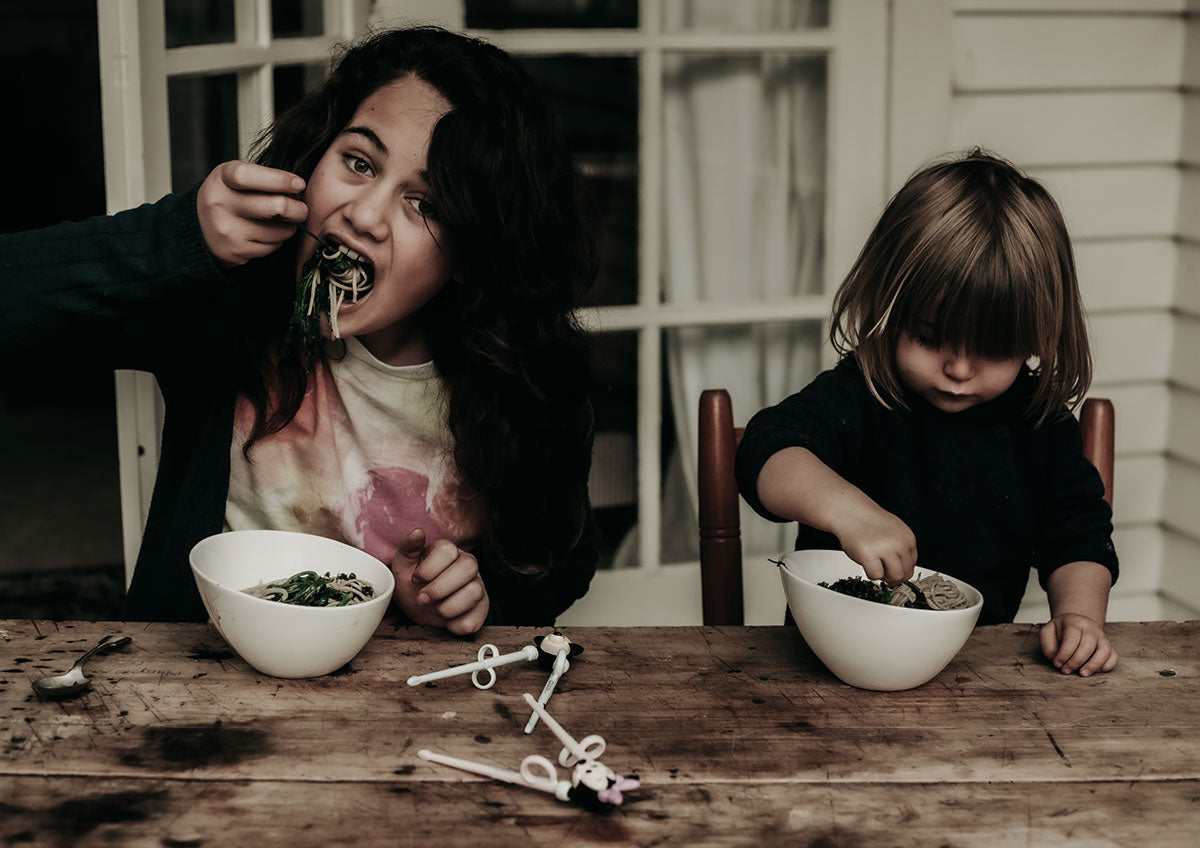
Food as medicine, medicine as food.
‘For Māori, we need to go back to the way we ate before, simply because the way we were brought up was with things natural. Kai that is here. Our bodies can’t hack [corporate takeaways]. Our DNA says go back to the old ways.’
Mike Taylor nō Ngāti Kahungunu
